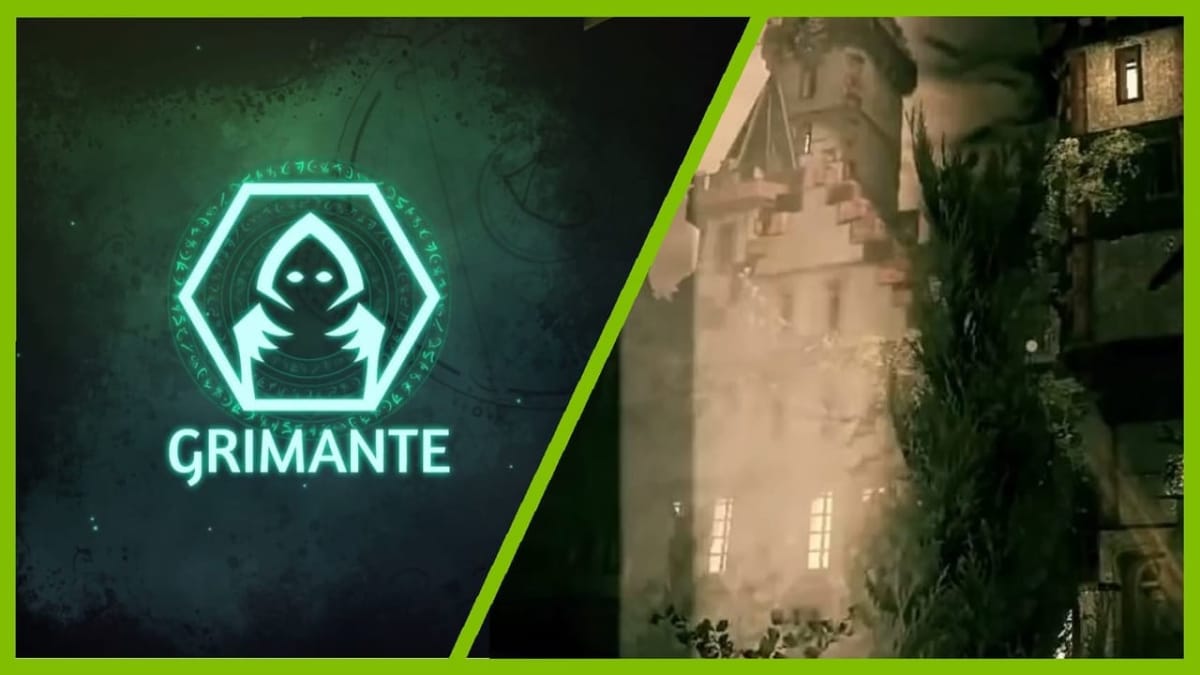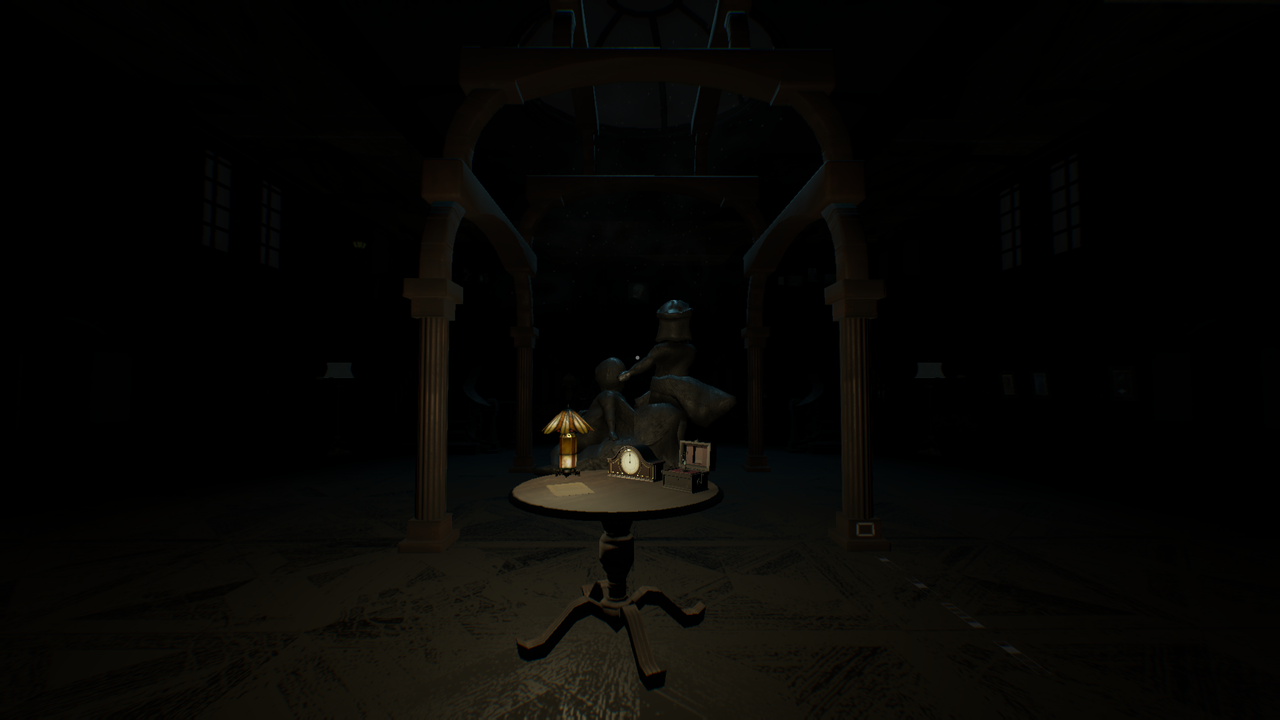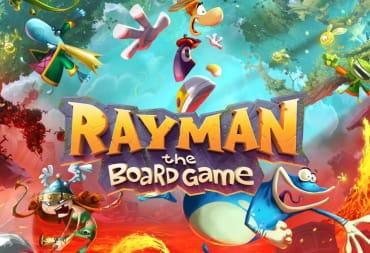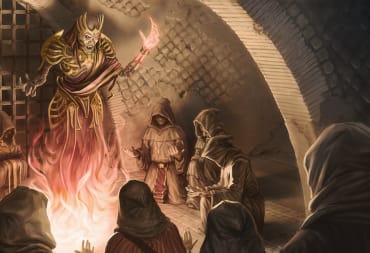Welcome to Coverage Club, the weekly series where we shift our critical eye towards smaller games that deserve some attention. Each week, our review editors select two titles and provide honest first impressions in the style of our full reviews. Games can range from brand new titles hitting Early Access to older hidden gems that never got their due. No matter your preferences, you’re sure to find something off the beaten path here. This week, Alex puzzles over the genre mashup that is Grimante and Trevor inherits the atmosphere of Last Will.
Grimante
Covered by Alex Santa Maria
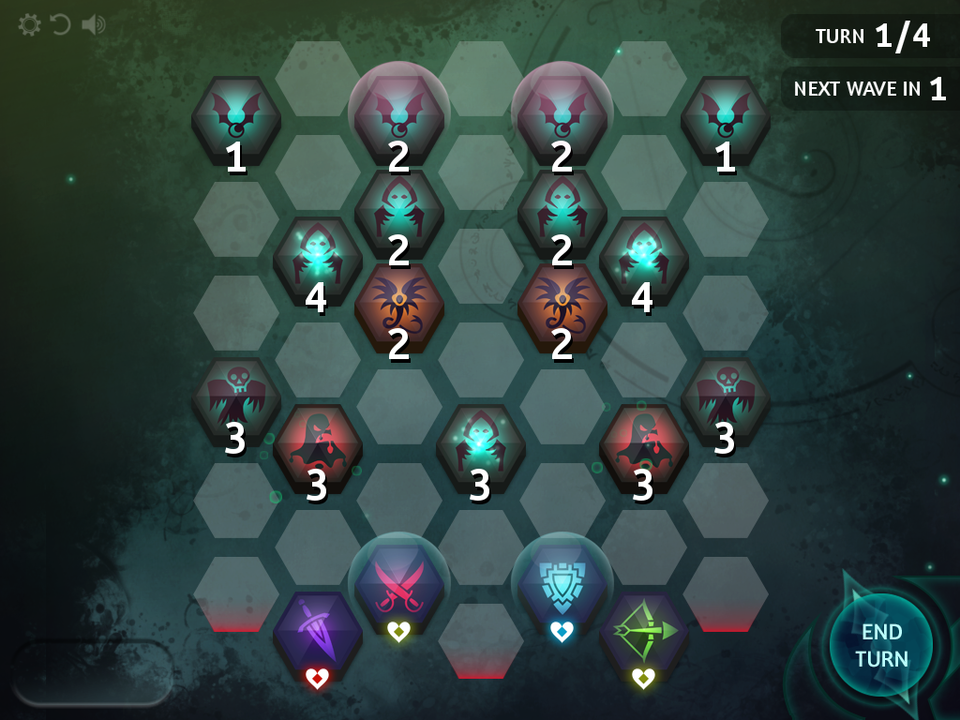
There’s nothing quite like a simple puzzle game. Pure gameplay experiences are perfect for whittling away the time, which might be why they’ve taken off on phones. Grimante looks to bring turn-based combat and tactics into this sphere and mostly succeeds. A slight upturn in complexity brings an interesting twist to your standard puzzle fare, even if it does make the presentation feel a bit barren.
When first starting the game, that added complexity hits the player pretty hard. It’s easy to overwhelm yourself as you stare at the multicolored hexagons bearing various fantasy symbols. Thankfully, the game’s forced tutorials clear up most of that confusion. Every one of your pieces shares a name and traits with a fantasy hero you’re familiar with. A barbarian can leap into the fray and damage a group of enemies. Archers can snipe a row of foes from a distance. All this is represented with abstracted board game pieces, making for a chill atmosphere.
I especially enjoyed the backstabbing rogue piece. He can move again after slaying a foe, so its very easy to get chains of kills together and clear half the board with one move. In addition, if he’s next to an enemy who takes damage but doesn’t die, he sneaks in a quick knife attack and stacks more damage. Mechanics like this are full of flavor and really sell what the game is going for.
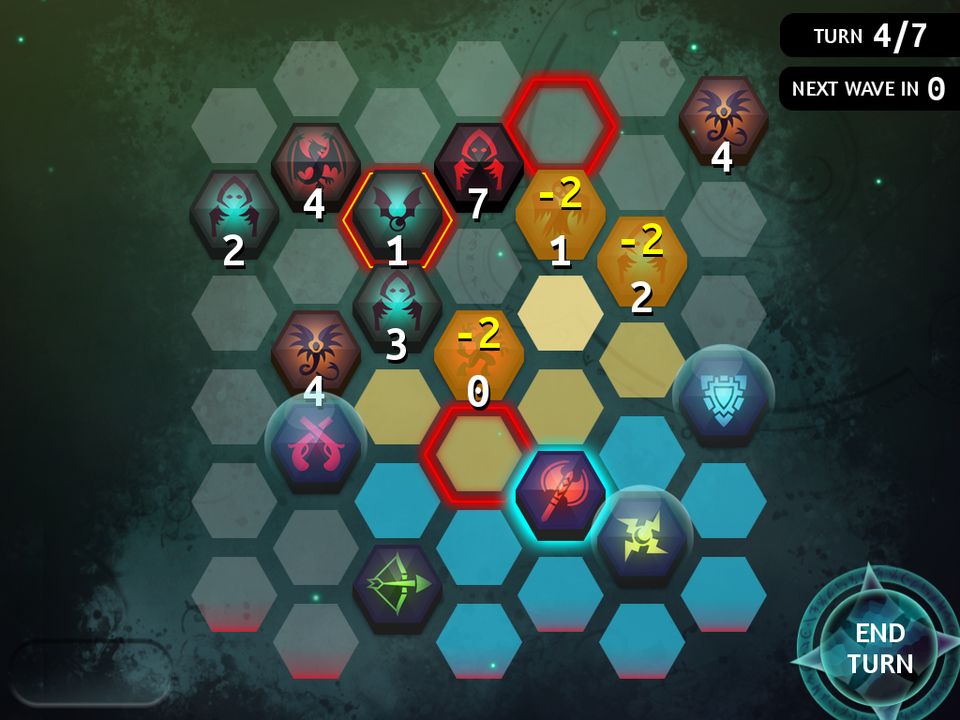
Sadly, it seems that there won’t be much to do for players once they master these tactical mechanics. Outside of a string of straightforward combat puzzles, there’s nothing for players to do. You could easily see some sort of endless arcade mode work, with your heroes fighting off an endless horde of mage and dragon hexes. As is, the game will most likely take experts only a few hours to conquer.
That’s not the only bummer. As the mechanics begin to stack and new heroes are added, Grimante’s gameplay loses its promised simplicity. At that point, the minimalist graphics and music began to feel like they clashed with what was actually going on. The difficulty also doesn’t really keep pace, and some stages look far more complicated than they actually are.
Of course, that might be by design. Despite launching first on Steam, Grimante features the slim play area and star rating systems you’d find on phones. This isn’t a huge issue, but some of the other problems do compound that feeling. The lack of any way to exit the game from a menu is worrying. The out of left field reference to Logan Paul in a level’s name is cringeworthy. At the end of the day, it’s problems like those that make the game feel out of place on PC.
If you like tactical combat and puzzle games, it might be worth giving this genre hybrid a shot. It’s a fine Steam debut for single developer aftermonk, with nothing that can't be fixed and expanded upon in other works. As is, Grimante is marred by some amateur mistakes that make it less appealing than it should be.
Grimante was played on PC via Steam with a code provided by the developer. It is also available on itch.io.
Last Will
Covered by Trevor Whalen
There are four episodes, each with five rooms, and these rooms change in layout and sequence, randomly, for each playthrough. In any room, you have a logic puzzle to solve that will open a door and lead the next challenge. I have only played Episode 1, and know that, in this episode, the first room is always the entryway. The second room in this episode varied between three room types – a dining room, a guest wing, and a library.
There are two modes. One is Mystery Mode, where you have a time limit of one hour to complete each episode. The other is Casual Mode, where this is no time limit. I played on each and had more fun in Casual Mode, but the ticking grandfather clock and its bell tones added to the atmosphere in Mystery Mode.
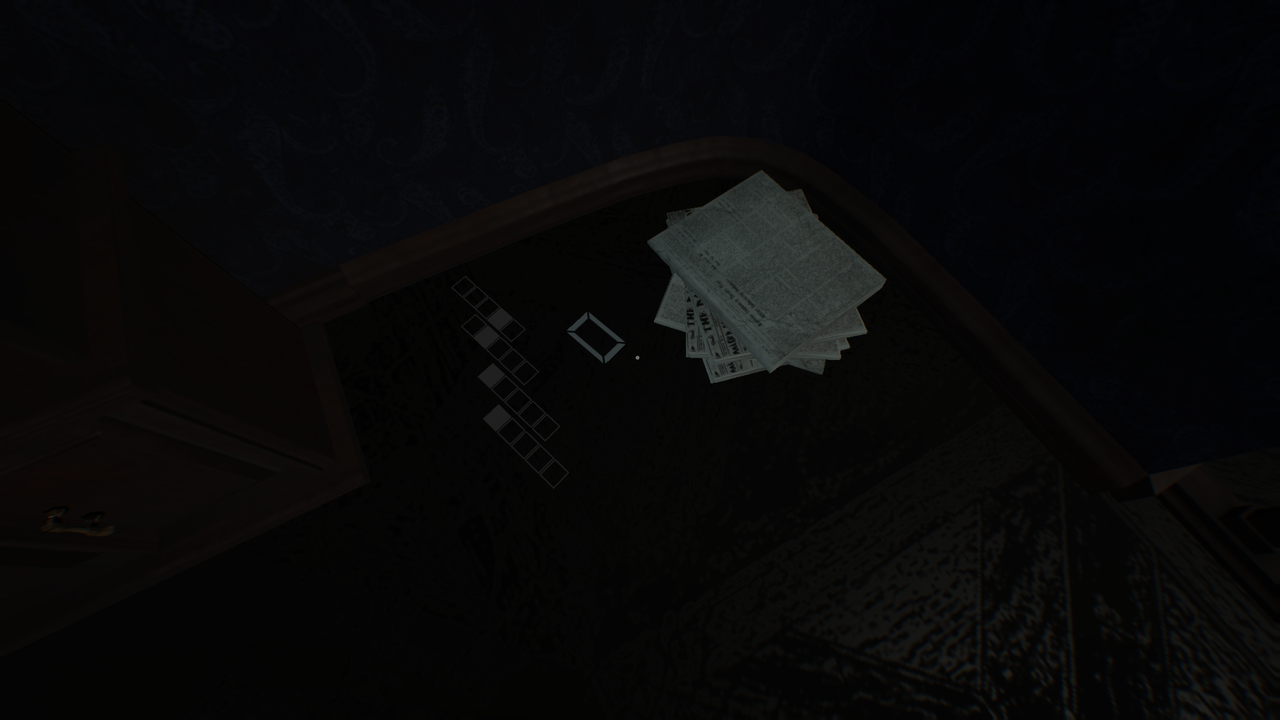
The developers advertise more than twenty puzzle types. One of these, in the entryway room, is to guess words based on riddles. There are three panels with four-letter slots, and you must enter words on these. Riddles aren’t the only way to solve it; there’s a more convoluted clue in the form of sketches of squares, filled in or not filled in, that correspond to number codes under paintings in the room. I thought it was easier just to solve the riddles.
Another room, the dining room, had a table setup and items you could pick up and place on the table. You must place these items correctly based on several clues like “Constable Plumford sat with both knife and the gin” and “Madame Rose sat 3 spaces down, on Professor’s left side.” Finding the items is the first half of the challenge, then you have to figure out where they go based on those riddles. I was, happily, able to solve it, using a process of elimination.
To help solve any puzzle, you can bring up a notebook to review all the riddles. It’s great when it works, but I encountered a bug where I could no longer scroll through riddles and was only able to see the latest one. This bug did not always appear, but at least once it plagued me.
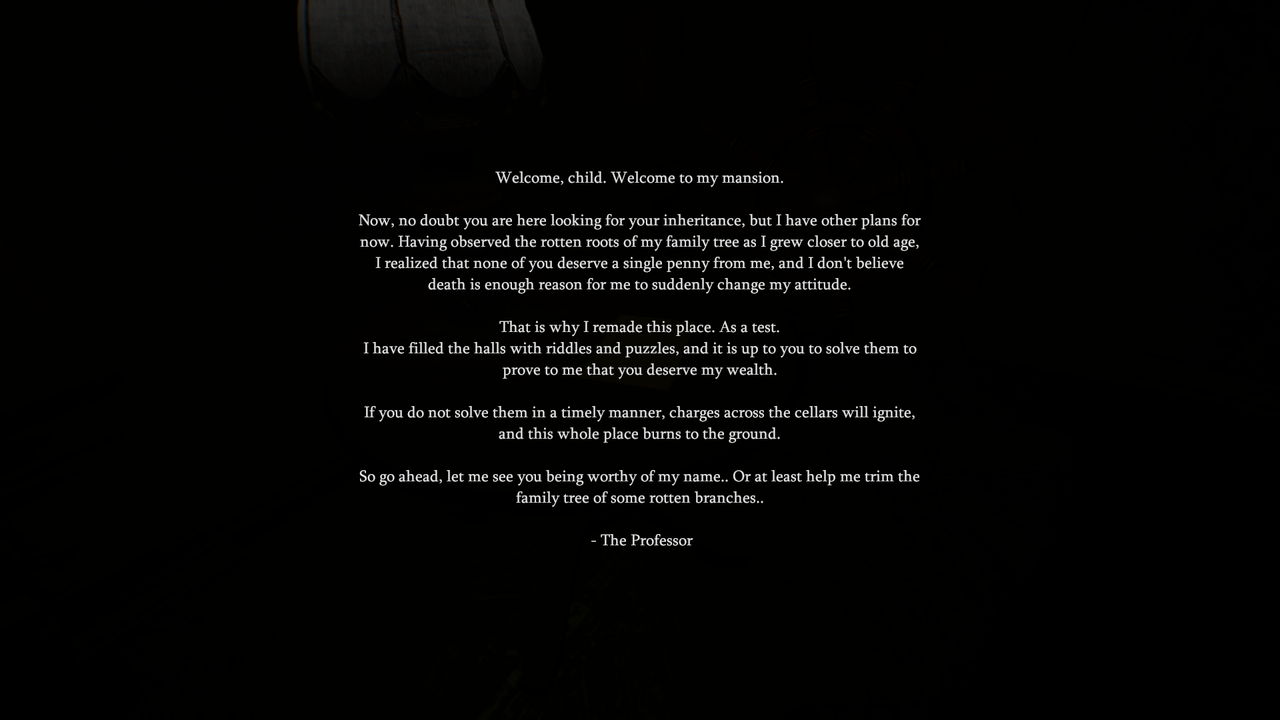
There is some atmosphere in the game, but in my playtime it was insufficient. There’s a suspenseful tone each time a hint or clue is placed on screen, a brief piano bit when you enter a new room, and the unnerving sound of a door creaking open to the next room once you complete a puzzle, but, overall, the game’s quiet and empty. There could have at least been some wind howling against the house, or creaks and other creepy noises coming from the distance, in each room to enhance the experience.
If you want some puzzles and can spare nine bucks, you might check out Last Will. If the only aspect that intrigues you is an empty, atmospheric estate to explore, you may want to pass.
Our Last Will coverage was conducted on PC via Steam with a copy provided by the developer.
What do you think of this week’s Coverage Club selections? Do you know of an overlooked game that deserves another chance? Let us know in the comments below, and don’t forget to follow our Steam Curator to keep up to date with all our reviews.
Have a tip, or want to point out something we missed? Leave a Comment or e-mail us at tips@techraptor.net
